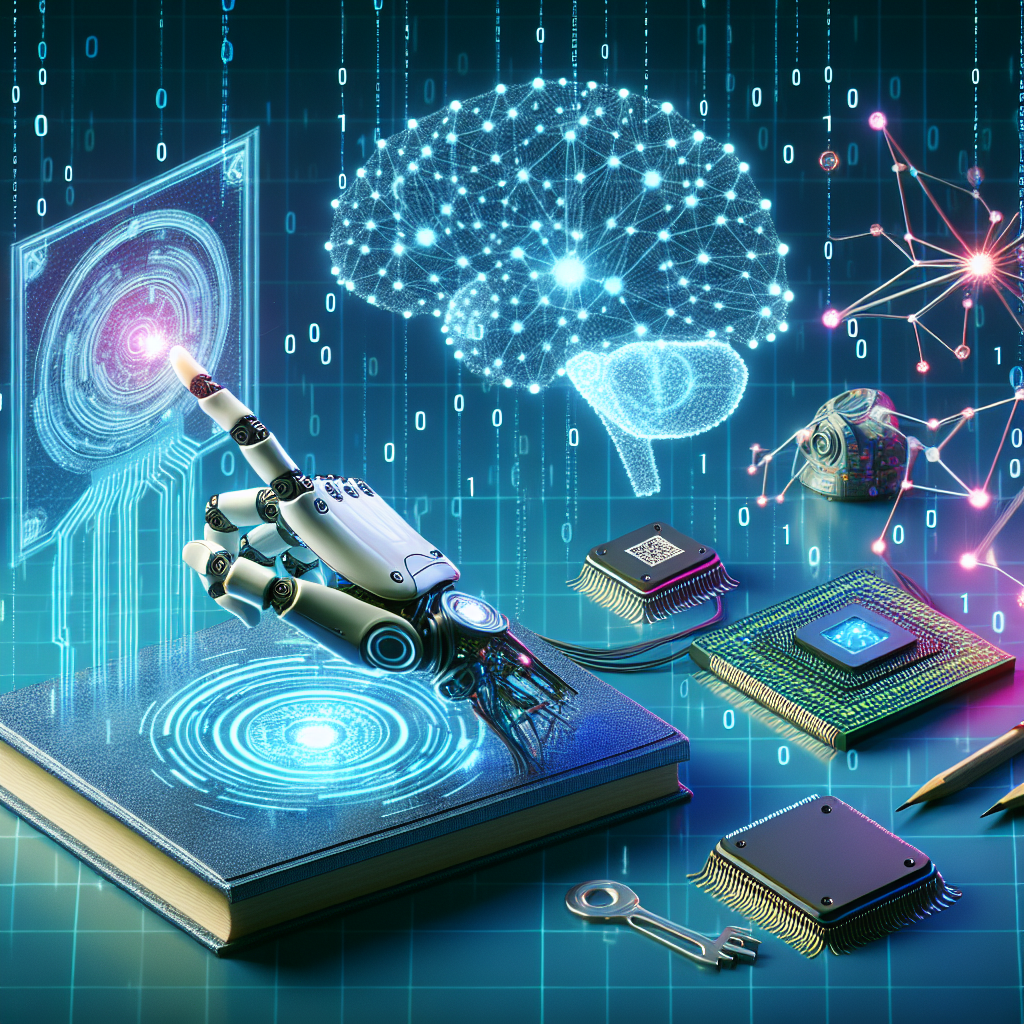Artificial Intelligence (AI) is no longer just a concept of sci-fi movies; it is now a reality that is shaping the way we live and work. With advancements in machine learning, natural language processing, and robotics, AI has the potential to change industries, improve efficiency, and enhance our daily lives. In this article, we will explore the must-have features of AI that are shaping the future of technology.
1. Machine Learning
Machine learning is a subset of AI that focuses on developing algorithms that allow computers to learn from and make predictions based on data. This technology is essential for creating intelligent systems that can adapt and improve over time. Machine learning algorithms are used in a wide range of applications, from image recognition to language translation to recommendation engines.
2. Natural Language Processing
Natural language processing (NLP) is a branch of AI that enables computers to understand, interpret, and generate human language. This technology is crucial for applications such as chatbots, virtual assistants, and sentiment analysis. NLP algorithms can analyze and process vast amounts of text data, providing valuable insights and improving communication between humans and machines.
3. Robotics
Robotics is another key area of AI that is revolutionizing industries such as manufacturing, healthcare, and logistics. AI-powered robots can perform a variety of tasks that were once reserved for humans, such as assembly, inventory management, and surgery. By combining AI with robotics, companies can streamline operations, increase productivity, and reduce costs.
4. Autonomous Vehicles
Autonomous vehicles are a prime example of how AI is transforming transportation. Self-driving cars use sensors, cameras, and AI algorithms to navigate roads, detect obstacles, and make decisions in real-time. These vehicles have the potential to reduce accidents, congestion, and emissions, making transportation safer and more efficient.
5. Healthcare Applications
In the healthcare industry, AI is being used to improve diagnostics, treatment, and patient care. Medical professionals are using AI algorithms to analyze medical images, predict disease outcomes, and personalize treatment plans. AI-powered healthcare applications are helping doctors make more accurate diagnoses, optimize workflows, and improve patient outcomes.
Conclusion
The future of AI is promising, with advancements in machine learning, natural language processing, robotics, autonomous vehicles, and healthcare applications reshaping industries and improving lives. By incorporating these must-have features, AI technology will continue to evolve and revolutionize the way we live and work.
FAQs
What are the must-have features of AI?
The must-have features of AI include machine learning, natural language processing, robotics, autonomous vehicles, and healthcare applications. These technologies are shaping the future of AI and enabling intelligent systems to adapt, learn, and improve over time.
How is AI transforming industries?
AI is transforming industries by improving efficiency, productivity, and decision-making. From manufacturing to healthcare to transportation, AI is revolutionizing business operations, creating new opportunities, and driving innovation.
What are some challenges of implementing AI?
Some challenges of implementing AI include data privacy concerns, bias in algorithms, and the need for specialized skills. Companies must address these challenges by ensuring data security, addressing algorithmic bias, and investing in training and education for their workforce.
Quotes
“Artificial intelligence will reach human levels by 2029. Follow that out further to 2045, we will have multiplied the intelligence, the human biological machine intelligence of our civilization a billion-fold.” – Ray Kurzweil
#Discover #Future #MustHave #Features


